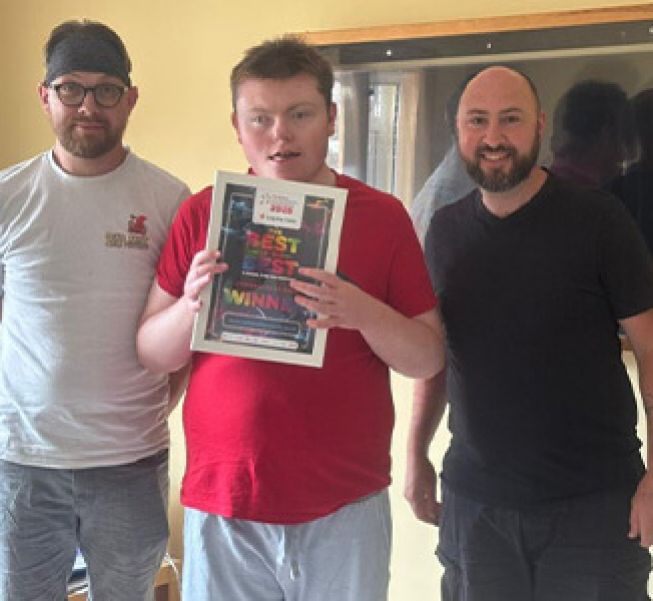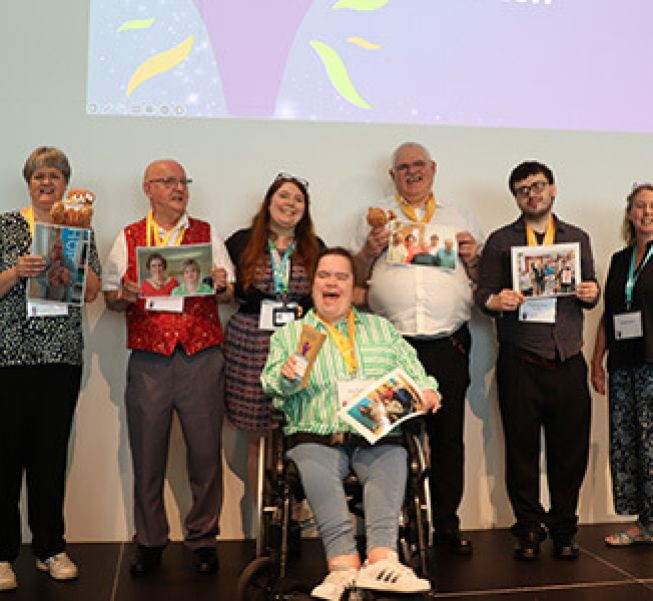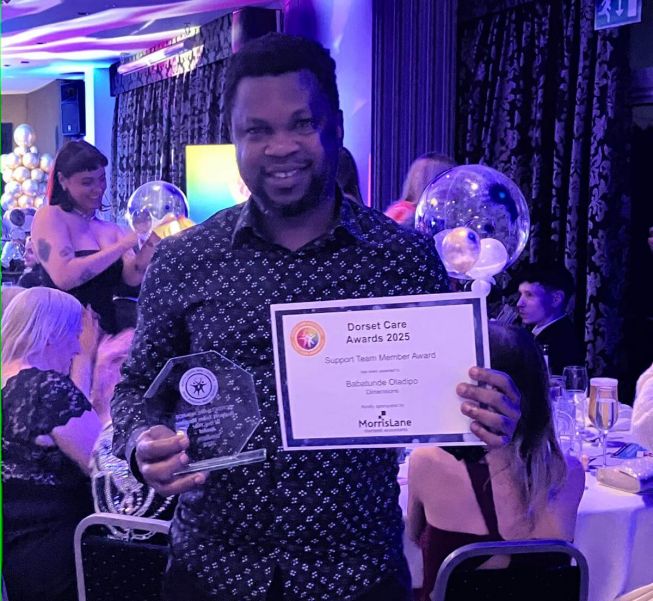News & media
Our spokespeople, many of whom have a learning disability or autism, are informed and opinionated on key issues that affect them such as quality support, hate crime, voting, social inclusion, education and health. We are trusted by BBC Breakfast, the Today programme, 5Live and the Guardian, amongst many others, to make meaningful contributions to the national debate around social care. You can contact the Dimensions press office here, or read our news and opinion below.
Press office
Follow DimensionsUK
Call or email
0300 303 9062
communications@dimensions-uk.org
We’re available for comment
Meet our spokespeople






